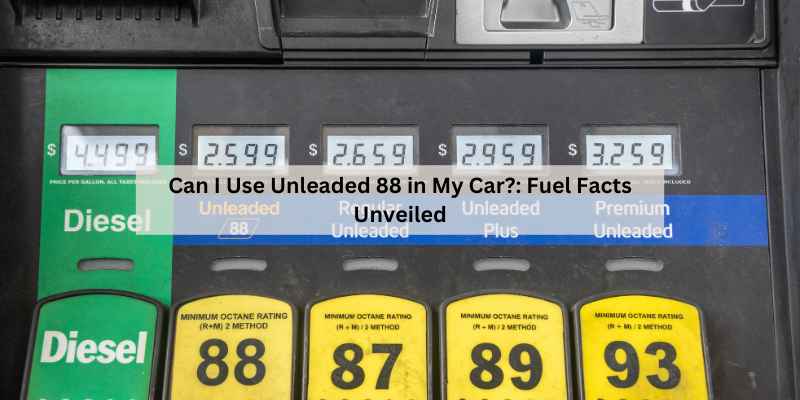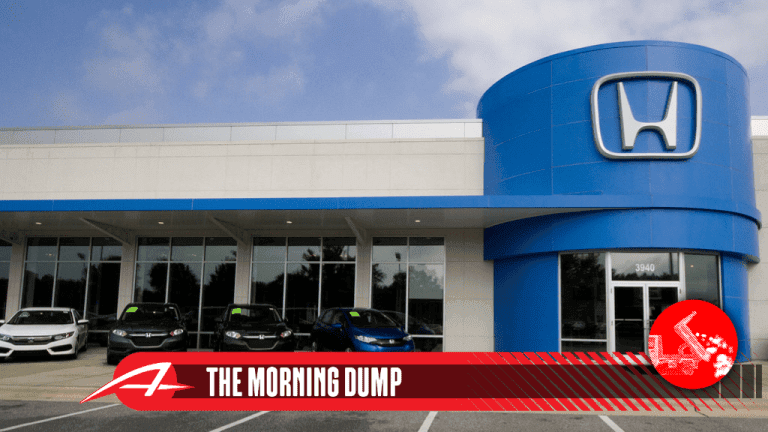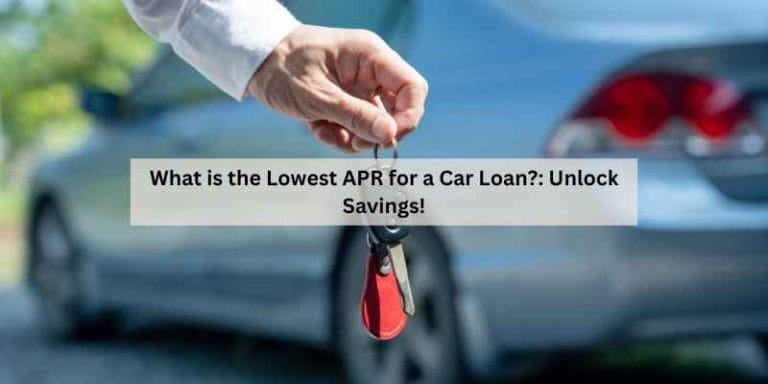Can I Use Unleaded 88 in My Car?: Fuel Facts Unveiled
Yes, you can use Unleaded 88 in most vehicles designed for regular unleaded fuel. Always check your owner’s manual for specific fuel recommendations.
Unleaded 88, also known as E15, contains 15% ethanol and 85% gasoline. This blend can be a cost-effective option for drivers seeking to save on fuel expenses. Many vehicles manufactured after 2001 are compatible with Unleaded 88. However, older models and certain high-performance cars may not support this fuel type.
Ethanol can affect engine performance and fuel efficiency in some cases. Understanding your vehicle’s needs is crucial to maintaining optimal performance. Consult your owner’s manual or a trusted mechanic for personalized advice. Making informed choices about fuel can enhance your driving experience while being budget-friendly.
Introduction To Unleaded 88
Unleaded 88 is a new fuel option for many drivers. It contains 15% ethanol and is designed for modern vehicles. This fuel helps reduce greenhouse gas emissions and supports renewable energy. The emergence of Unleaded 88 offers an affordable choice for those who want to save money.
Comparing Unleaded 88 with other fuels shows its benefits. Regular unleaded fuel usually has 10% ethanol. Unleaded 88 provides higher octane levels, which can improve performance in some cars. This fuel is often more affordable than premium options.
| Fuel Type | Octane Level | Ethanol Content |
|---|---|---|
| Regular Unleaded | 87 | 10% |
| Unleaded 88 | 88 | 15% |
| Premium Unleaded | 91-93 | 0-10% |
Chemical Composition And Properties
Unleaded 88 is a type of fuel with unique properties. It contains a mix of ethanol and gasoline. Ethanol is made from plants, like corn. This fuel has a higher octane rating than regular unleaded. This helps improve engine performance.
Using Unleaded 88 can lead to better fuel efficiency. It burns cleaner than traditional fuels. This means less pollution and fewer emissions. Many cars can safely use this fuel.
| Key Ingredients | Benefits |
|---|---|
| Ethanol | Renewable resource, reduces carbon footprint |
| Gasoline | High energy content for better performance |
Compatibility With Vehicles
Unleaded 88 is suitable for many vehicles. Most cars made after 2001 can use it safely. Check the owner’s manual for specific recommendations. Some engines may not perform well with higher ethanol blends.
Older vehicles often have different fuel requirements. Classic cars and high-performance models usually require premium fuel. Flex-fuel vehicles can use Unleaded 88 without any issues. Always consider your engine type before making a switch.
| Vehicle Type | Compatibility with Unleaded 88 |
|---|---|
| Cars (2001 and newer) | Compatible |
| Classic Cars | Not recommended |
| High-Performance Vehicles | Not recommended |
| Flex-Fuel Vehicles | Compatible |
Benefits Of Using Unleaded 88
Unleaded 88 offers great cost savings at the pump. This fuel is often cheaper than regular unleaded. Using Unleaded 88 can lower your fuel expenses over time. Drivers can enjoy more miles for less money.
The environmental impact of Unleaded 88 is also positive. It contains more ethanol, which reduces harmful emissions. This fuel helps in lowering carbon footprints. Choosing Unleaded 88 supports cleaner air and a healthier planet.
Potential Drawbacks And Considerations
Using Unleaded 88 may affect engine wear. This fuel type can lead to increased friction. Over time, this might reduce engine longevity. Components may wear faster than expected.
Fuel efficiency is another concern. Some cars may not perform well with this fuel. This can lead to lower miles per gallon. Many drivers report decreased overall performance.
| Factor | Impact |
|---|---|
| Engine Wear | Possible increase in friction and wear |
| Fuel Efficiency | Potential drop in miles per gallon |
Regulatory Standards And Unleaded 88
The EPA sets strict regulations for fuels. These rules help ensure fuel quality. Unleaded 88 must meet these standards to be safe for use. This fuel type contains 15% ethanol and 85% gasoline. Cars designed for higher ethanol blends can use it without issues.
Global fuel standards vary by country. Some countries allow higher ethanol blends. Others focus on reducing emissions. Checking local regulations is important before using Unleaded 88.
| Region | Standard |
|---|---|
| United States | EPA regulates fuel quality |
| Europe | Focus on emissions reduction |
| Asia | Varies by country |
Consumer Experiences With Unleaded 88
Many drivers share their experiences with Unleaded 88. They often report smoother engine performance. Some users notice better fuel efficiency. A few mention slight power increases during acceleration.
Testimonials reveal that most vehicles run well on this fuel. Older cars sometimes show mixed results. Some drivers worry about warranty issues with their manufacturers.
| Driver | Experience |
|---|---|
| John D. | Noticed better mileage on highway trips. |
| Emily R. | Felt a boost in power during city driving. |
| Mark S. | Had no issues with his older model. |
Making An Informed Choice
Understanding your vehicle’s needs is important. Check the owner’s manual for fuel recommendations. Many cars can use Unleaded 88. This fuel has a higher ethanol content than regular unleaded. Some vehicles perform better with it.
Not all cars are compatible. Look for the flex-fuel label on your gas cap. If your car is a flex-fuel vehicle, it can use Unleaded 88 safely. Always ensure your vehicle can handle this fuel type.
| Location | Availability |
|---|---|
| Gas Stations | Often available in many states. |
| Online Resources | Check websites for nearby locations. |
Future Of Unleaded 88
The future of Unleaded 88 looks promising. Innovation in fuel technology is advancing rapidly. Many companies are investing in cleaner fuels. Unleaded 88 offers a better option for environmentally-friendly driving.
Market trends show a shift towards higher ethanol blends. Consumers are interested in sustainable fuels. Predictions indicate that Unleaded 88 will gain popularity. More drivers will choose this fuel for its benefits.
| Trend | Impact |
|---|---|
| Increased demand for clean fuels | More sales for Unleaded 88 |
| Government support for biofuels | Boost in production |
| Consumer awareness | Higher adoption rates |
Frequently Asked Questions
Can I Use Unleaded 88 In My Car?
Yes, you can use Unleaded 88 in most cars. It is a blend of 15% ethanol and 85% gasoline. However, make sure to check your vehicle’s owner manual. Some older models may not be compatible. Always prioritize the manufacturer’s recommendations for fuel types.
What Cars Are Compatible With Unleaded 88?
Most vehicles manufactured after 2001 can use Unleaded 88. This includes many cars, trucks, and SUVs. However, some high-performance models may require premium fuel. Always refer to your owner’s manual for specific fuel recommendations. Compatibility ensures optimal performance and efficiency.
Is Unleaded 88 Better For My Engine?
Unleaded 88 can be beneficial for many engines. It often burns cleaner than regular gasoline. This can lead to reduced emissions and better environmental impact. However, some engines may not perform as well with higher ethanol content. Always consider your vehicle’s specifications before switching fuels.
Will Using Unleaded 88 Void My Warranty?
Using Unleaded 88 generally does not void your warranty. However, this can depend on your vehicle’s manufacturer. Always consult your owner’s manual or contact your dealership for guidance. Following the manufacturer’s fuel recommendations is crucial to maintaining warranty coverage.
Conclusion
Choosing Unleaded 88 can benefit certain vehicles while potentially harming others. Always check your owner’s manual or consult with a professional. Using the right fuel is crucial for your car’s performance and longevity. Make informed decisions to keep your engine running smoothly and efficiently for years to come.






